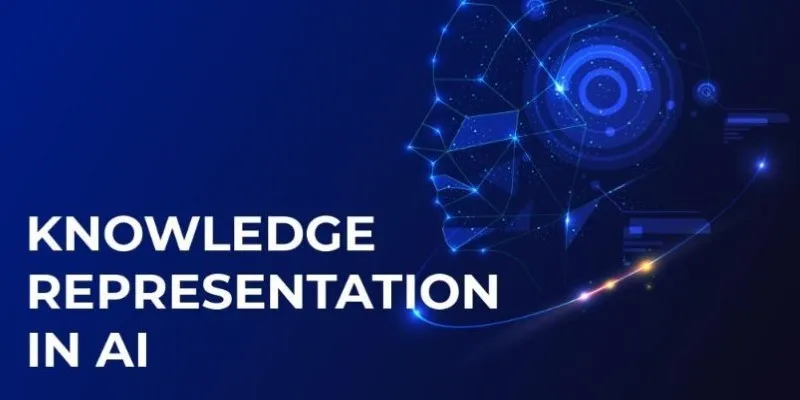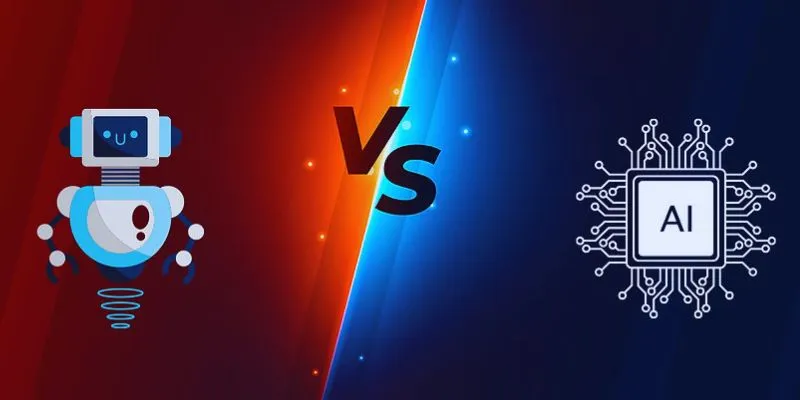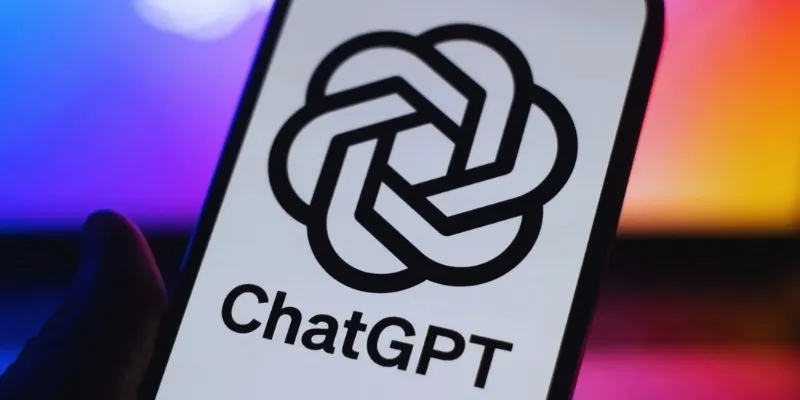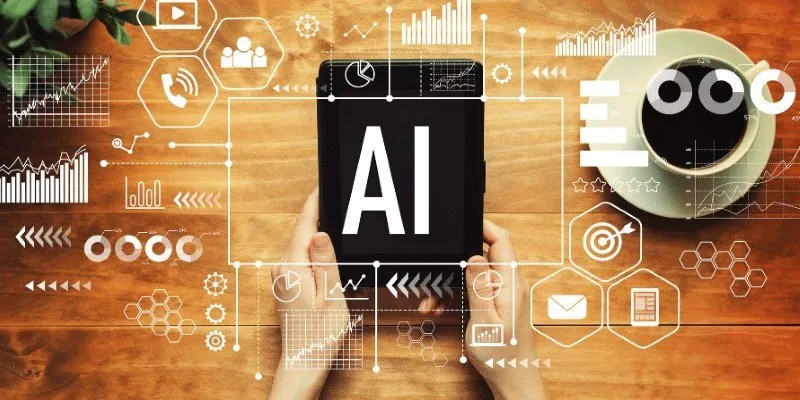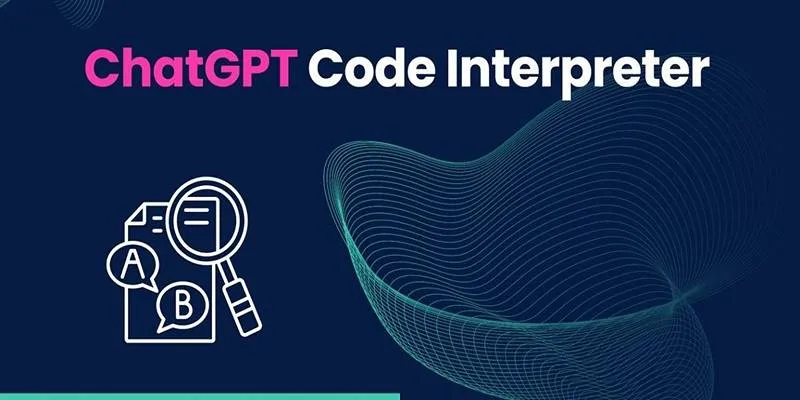Unlock access to GPT-4o without spending a dime. Whether you’re a curious developer, a student, or an AI enthusiast, you can experience this advanced technology for free. This guide explores tested methods to access GPT-4o at no cost.
1. Free Tier on OpenAI’s Website
OpenAI offers a free tier where users can test GPT-4o without any charges. This option is excellent for evaluating the model’s capabilities for educational, personal, or professional purposes. Upon signing up, users receive a token limit each month to experiment with the model.
The free version is particularly useful for students, educators, programmers, and enthusiasts using applications like content generation, brainstorming, coding assistance, or in-depth question answering. However, free usage has its limitations, so managing your token usage is crucial. For those needing more, paid plans provide additional tokens and features. The free version serves as an ideal introduction to AI-driven tools.

2. Microsoft Copilot (Bing Chat AI)
Microsoft Copilot, powered by Bing Chat AI, is an innovative solution integrated across Microsoft apps, enhancing productivity and user experiences. As an intelligent assistant, Copilot delivers context-aware recommendations, comprehensive summaries, and actionable insights in applications like Word, Excel, PowerPoint, and Outlook.
With advanced AI, Copilot handles tasks like composing emails, analyzing data, generating creative ideas, making presentations, and optimizing workflows. In Excel, it detects data patterns and performs automatic calculations, while in Word, it aids in crafting and revising documents with clarity and precision.
Integrated within Microsoft, Copilot facilitates seamless collaboration, provides personalized solutions, and offers a user-friendly interface tailored to individual needs. Copilot is beneficial for both solo and team work, optimizing your workflow to enhance efficiency and productivity.
Empowered by Bing Chat AI, Copilot is dependable, secure, and stays updated with the latest AI advancements. Its robust security ensures the protection of sensitive information, making it an invaluable tool for professionals, teams, and enterprises of all sizes. Whether you’re a student, corporate executive, or creative professional, Microsoft Copilot enhances productivity with its intelligent support.
3. Poe by Quora
Poe by Quora utilizes advanced AI technology to facilitate conversational interactions with AI models. Designed for simplicity and efficacy, Poe enables users to ask questions, seek clarifications, or explore topics effortlessly. It seamlessly integrates with various AI models, providing versatile and accurate responses.
The platform is especially advantageous for research, learning, and brainstorming, offering quick and reliable information tailored to user queries. Focusing on accessibility and user-centric design, Poe exemplifies Quora’s dedication to knowledge sharing while maintaining high standards of usability and innovation in the AI realm.
4. Chatbots in Discord/Telegram
Chatbots in Discord and Telegram have transformed communication within these platforms by automating tasks and enhancing user interactions. They serve diverse purposes, from community management to entertainment, enabling administrators to streamline moderation, respond to queries, and schedule events efficiently. Additionally, these bots deliver personalized experiences through custom commands, integrations, and notifications.
By leveraging AI, chatbots interpret user inputs more effectively, facilitating smoother conversations and support services. For developers, platforms like Discord and Telegram offer robust bot APIs, simplifying the design and deployment of feature-rich bots. These chatbots boost engagement and convenience within digital communities.
5. AI Research & Educational Grants
AI research and educational grants play a crucial role in fostering innovation and learning in the field. These grants provide funding for academic institutions, researchers, and students to explore AI technologies and develop groundbreaking solutions. By supporting projects in areas like machine learning, robotics, and natural language processing, these grants foster the creation of diverse applications beneficial to society.
Educational initiatives funded by these grants enable students to access resources and training, preparing them for future careers in AI. This investment ensures ongoing progress in AI development while promoting accessibility and inclusivity in the field.
6. Collaborative Research Opportunities
AI grants promote collaborative research between universities, private organizations, and government agencies, fostering partnerships essential for technological advancement. By uniting experts from various sectors, these grants create opportunities to pool resources, share knowledge, and address complex AI development challenges that are difficult to tackle individually.
For instance, universities contribute cutting-edge research, private organizations provide practical applications and funding, while government agencies offer oversight and strategic direction. Such collaborative efforts often result in more impactful and scalable solutions, driving innovation across industries like healthcare, transportation, and education, ultimately shaping AI’s future role in society.
7. Entrepreneurship and Start-Up Growth
AI grant programs are designed to support entrepreneurs and start-ups working on cutting-edge technologies poised to transform industries. By offering funding, mentorship, and access to valuable resources, these grants empower smaller organizations to bring their innovative ideas to market, overcoming financial and technical barriers.
This support promotes economic growth by fostering new businesses and creating jobs while accelerating the development, testing, and implementation of AI solutions in real-world applications. These programs are crucial for ensuring emerging technologies are more accessible and can address pressing societal challenges in fields like healthcare, education, and climate change.
8. Public Awareness and Ethics Research
Grants also fund initiatives aimed at increasing public awareness about AI technologies and their implications, helping individuals better understand both the opportunities and challenges associated with AI. These initiatives are crucial for educating communities about AI’s impact on daily life, from healthcare and transportation to communication and entertainment.
By supporting research into AI ethics, these programs address concerns like bias, privacy, and transparency, which are critical for ensuring fairness and accountability. This proactive approach guides the development of AI systems that meet technical requirements and align with societal values and ethical standards, fostering trust and confidence among users.

Conclusion
Grants are pivotal in advancing artificial intelligence by promoting innovation, addressing ethical concerns, and empowering diverse communities. By funding research, education, and public awareness initiatives, these programs ensure AI development remains inclusive, transparent, and aligned with societal values. Through ethical frameworks and community engagement, they pave the way for technology that enhances our lives while respecting individual rights and fostering trust.
 zfn9
zfn9






